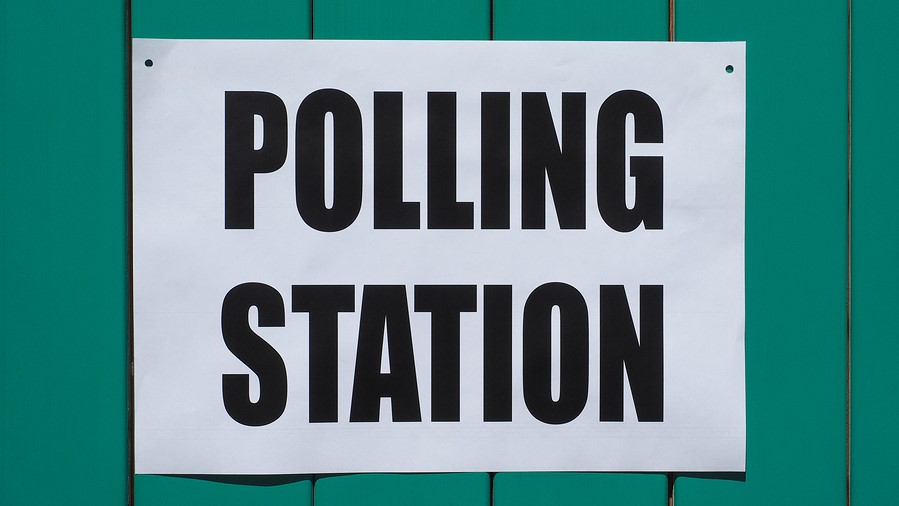WHILST the UK is likely to remain the second most popular study abroad destination in the world for many years to come, the snap general election in June 2017 will determine where Britain’s international study status will head over the next few years. If you are currently studying in the UK or planning to study there in the future, your own situation may be affected.
The main political parties have now released their manifestos, which outline their vision for Britain over the next 5 years. Student World Online has read them to pick out what each party’s victory may mean for international study in the UK following the general election on June 8th.

The Labour party is the main opposition to the current Conservative government. The manifesto policies that would affect international study include:
What this means: Some key concerns about international study have been addressed, and continuation of joint UK-EU schemes such as Horizon 2020 and Erasmus+ will be welcomed by many. Taking students out of net immigration figures is a great way to encourage international study. The promise to crack down of fake colleges will be beneficial to international students that are currently targets for scam degrees. Free pre-university and FE courses, particularly ESOL courses, is great news for students wishing to come over for short-term study, or to increase future international prospects. International study and university education in general is being acknowledged as important.
Things to bear in mind: Free university education for home students can sometimes have negative knock-on effects for overseas students, including increased tuition costs. Scotland currently has a free tuition system, and has to reduce overall student intake to accommodate this. There are no specifics about whether EU students will be classified as home or overseas following Brexit.
As the sitting government, the Conservative manifesto follows on from 7 years of running the country. Their policies include:
What this means:
The manifesto does not contain much relating specifically to higher education or international study. Research and development and the STEM disciplines are a key focus, and there is agreement that international participation in this is important but no specifics as to how to encourage international scientists to work in the UK. Schemes such as Erasmus and Horizon 2020 not a priority and not mentioned as continuing. The inclusion of student numbers in net immigration means universities might face pressure to reduce international student numbers. There is a clear position that students are fine, but the prospect of post-study work visas would likely become much more difficult.
Things to bear in mind:
Whilst it might show that they do not consider it a top priority, there may be little mention of international study because the Conservatives are already in government: they will likely continue their current path if they remain the majority party after June 8th. This means that EU students starting a course in 2017 or 2018 will benefit from home student fees and funding, but are likely to be classed as overseas students following Brexit in 2019 (with higher fees and more limited funding).
Also important is the fact that a HE bill was just passed before the election was called. Among other things, this bill allows universities to raise their tuition fees based on their performance in the Teaching Excellence Framework (TEF), which is partly based on National Student Survey (NSS) feedback. Many are concerned that this will price students out of education at some institutions. Grants and bursaries for nursing degrees have also been replaced with loans, meaning money will have to be paid back.
Currently the third most represented party in government, the Lib Dem policies include:
What it means:
Lib Dems state in several places in the manifesto that they recognise the value of international staff and students to UK universities. They want to promote international collaboration. They have taken the most vocal stance against Brexit.
Things to bear in mind:
The Lib Dems are highly unlikely to hold any majority in government, and as such are looking to limit effects rather than make radical changes. As part of the 2010-2015 coalition, they introduced postgraduate loans.
Others:
The Scottish National Party (SNP) only runs for seats in Scotland and currently has a majority there. However, their policies may affect Britain and international study as a whole. They plan to:
Plaid Cymru only runs for seats in Wales. Their policies include:
The Green Party currently has one MP. Their policies include:
The UK Independence Party (UKIP) was the party that requested the EU referendum. Their policies include:
Whatever happens after June 8th
Manifesto policies must be approved by a government vote, so the proportion of MPs each party has in government will affect how many and which policies are enacted. Whoever gets in, it is unlikely they will be able to carry out all their policies.
Brexit is also a big factor: for some policies, the likelihood of them become law will depend on the outcome of talks with Europe.
International study is just one aspect affected by who is in power, so before you vote, read the rest of the party manifestos to make an informed decision.
You may be eligible to vote, even as an international student. If you are, make sure you register by the 22nd May. Students can register to vote at their home address or term-time address, but not both. Head to Government website to register and find out more.

If you found this article useful, please share it on Twitter and Facebook.